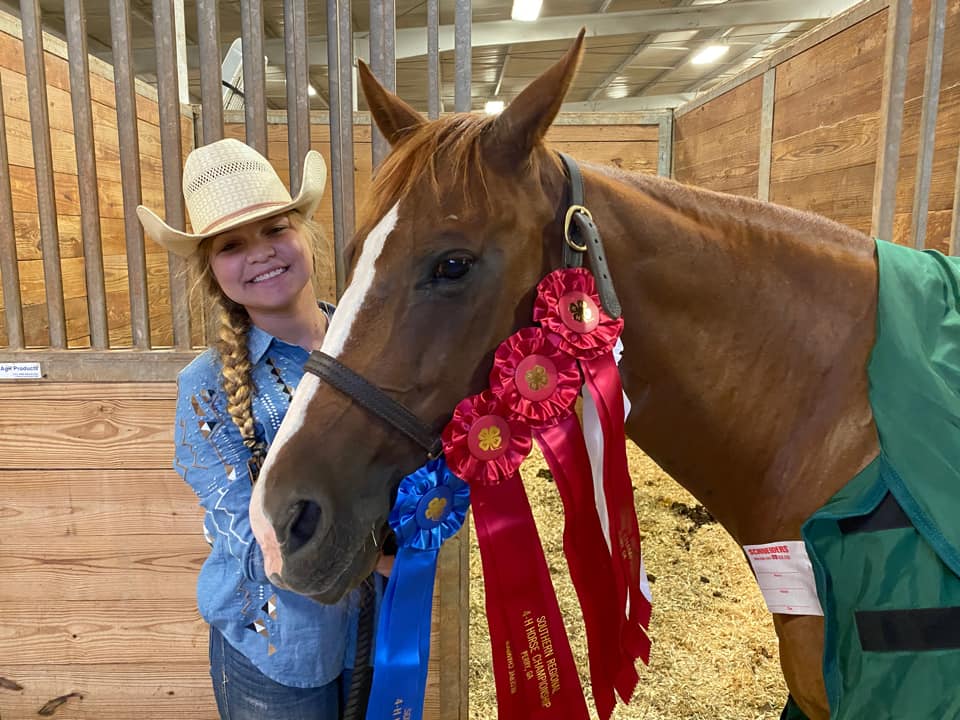 CAES News
CAES News
4-H Horsemanship
After COVID restrictions forced the cancellation of the annual event last year, 69 Georgia 4-H youth joined 4-H’ers from nine southern states to compete at the five-day Southern Regional 4-H Horse Championship event held in Perry, Georgia.

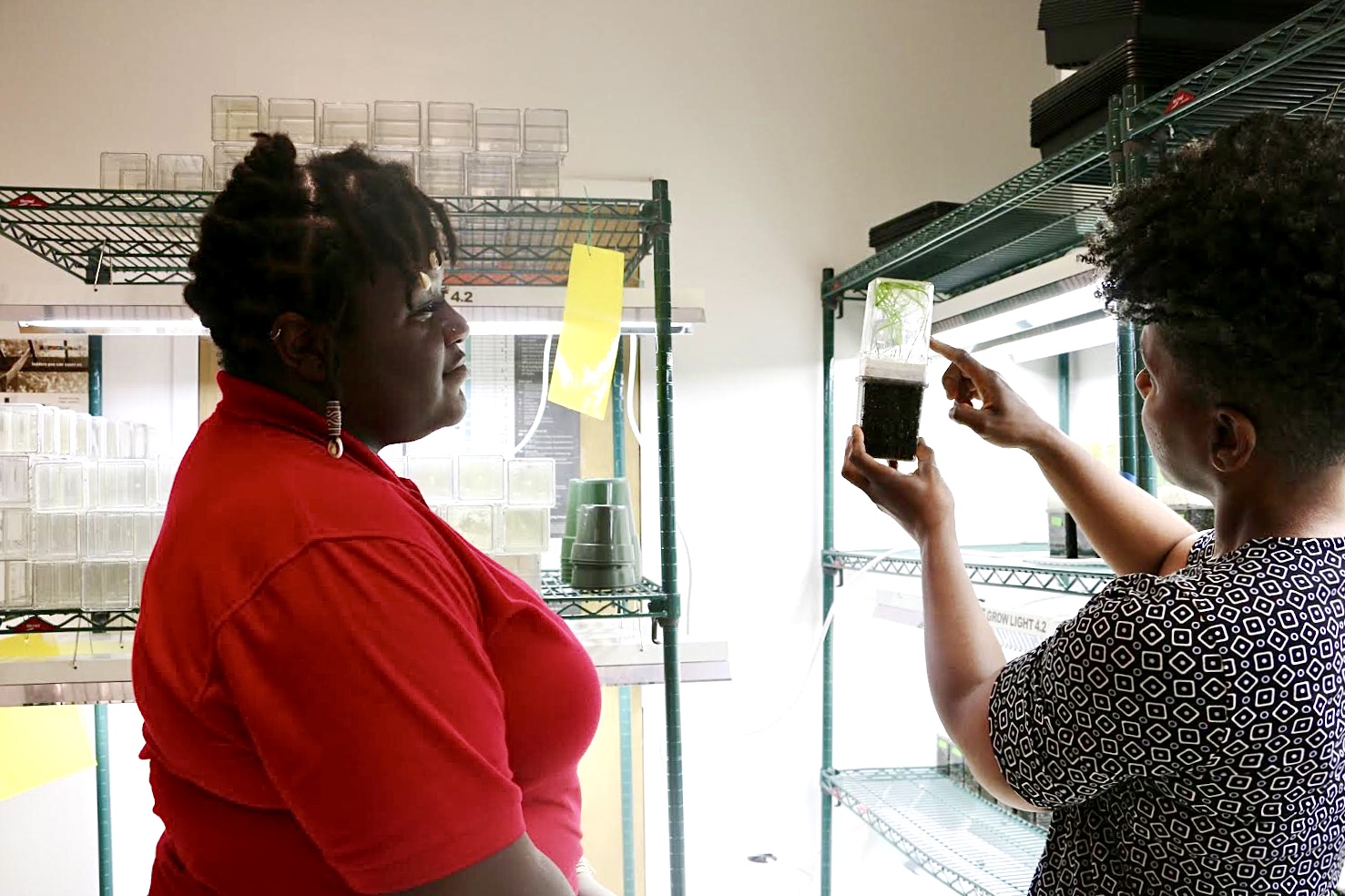
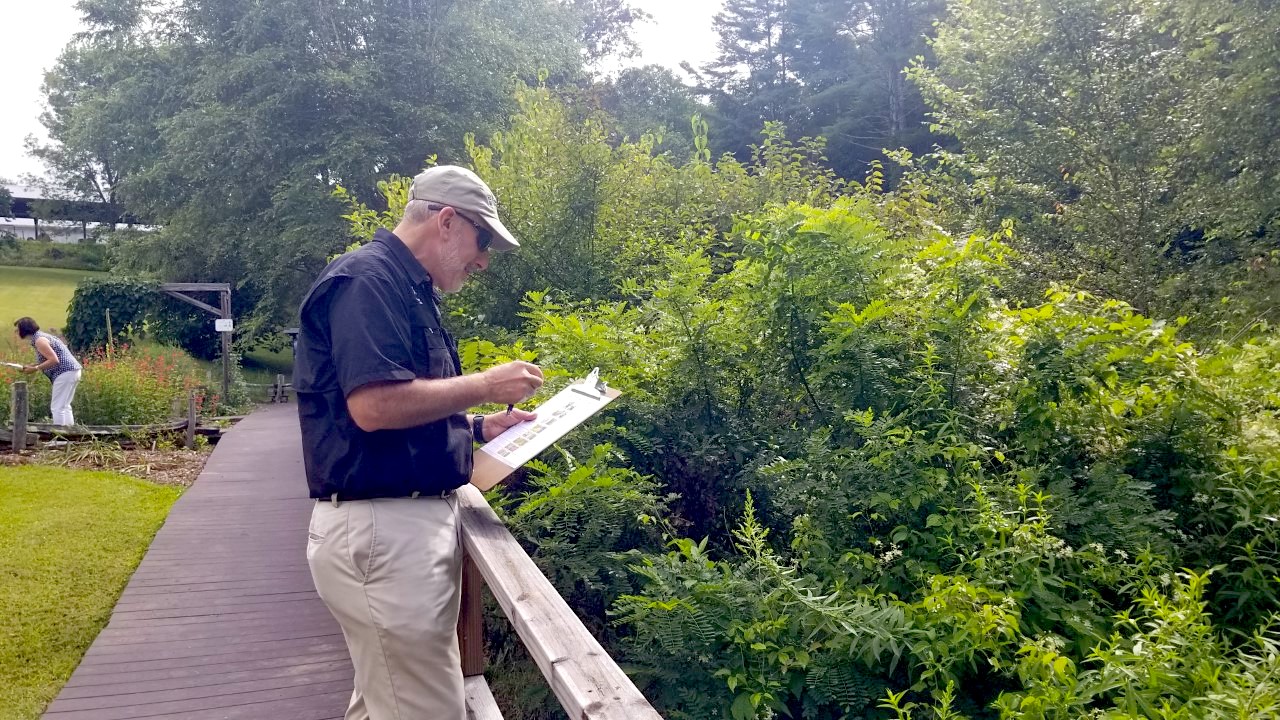
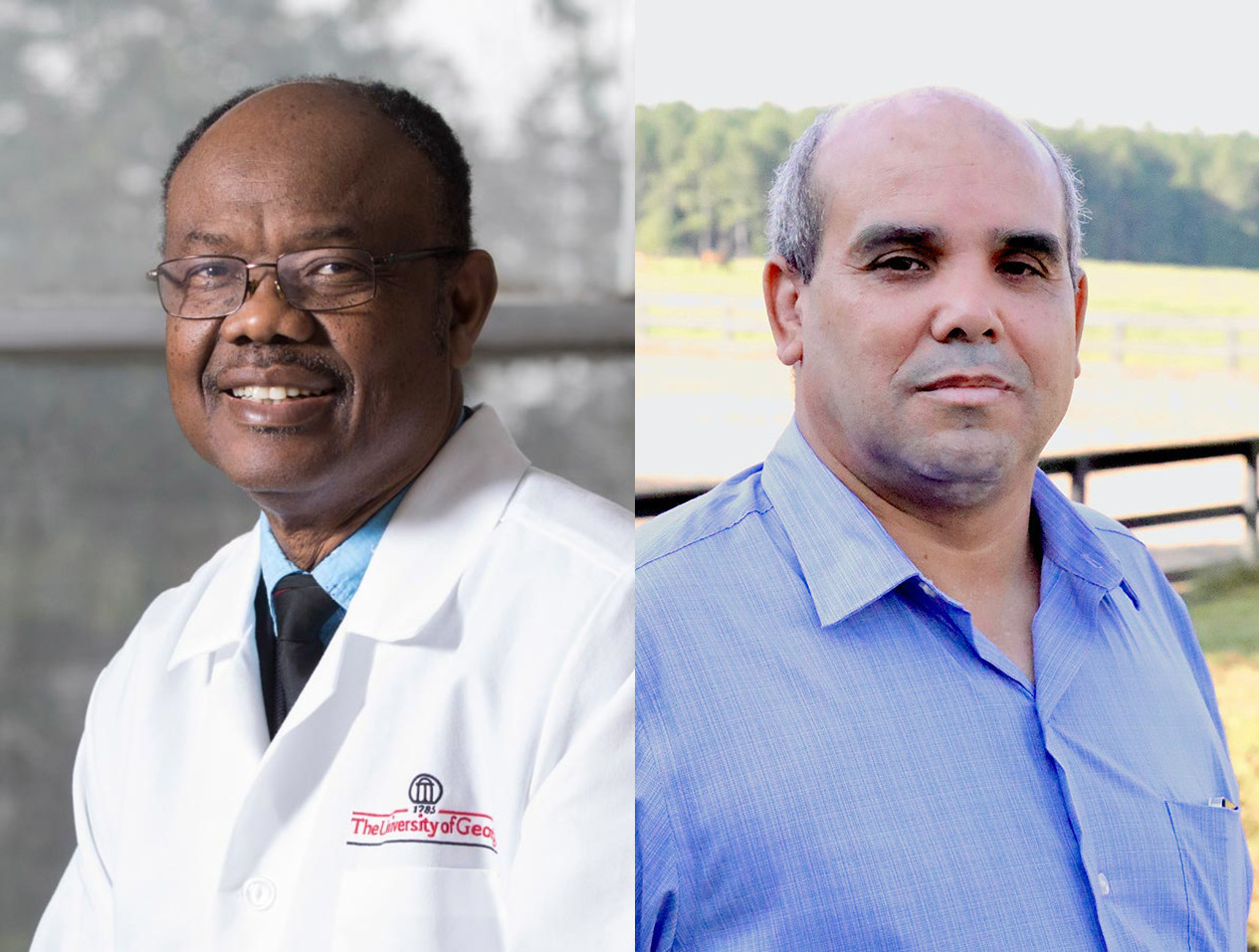
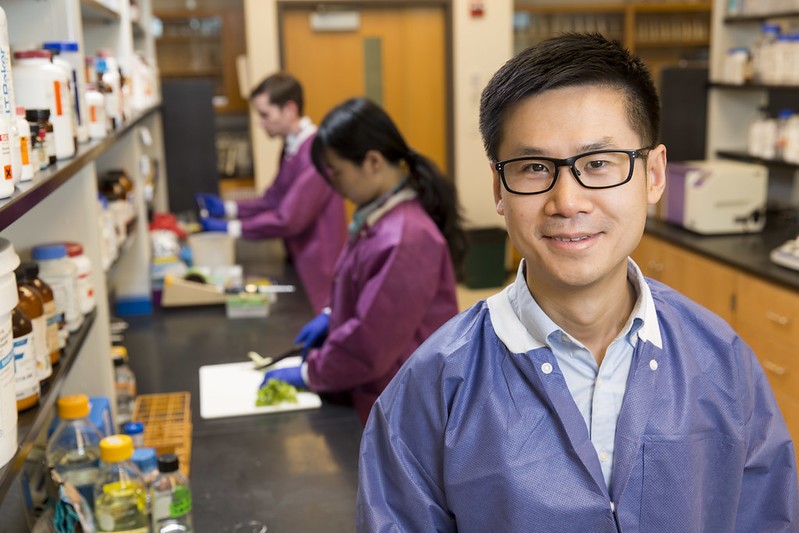
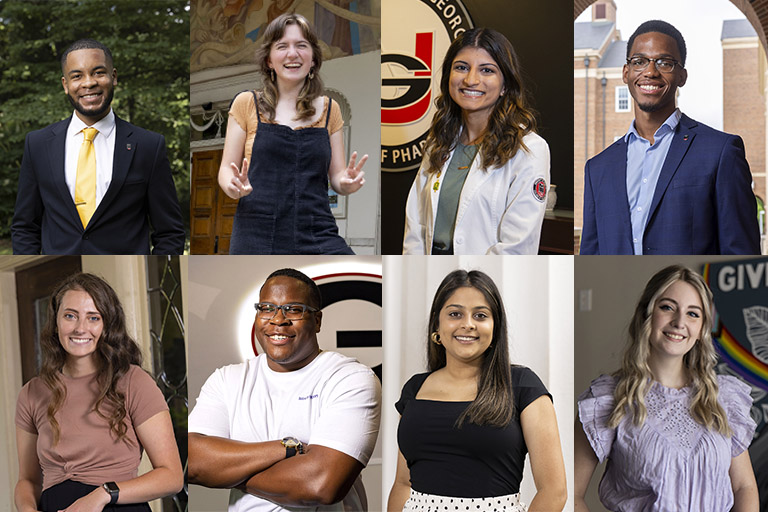
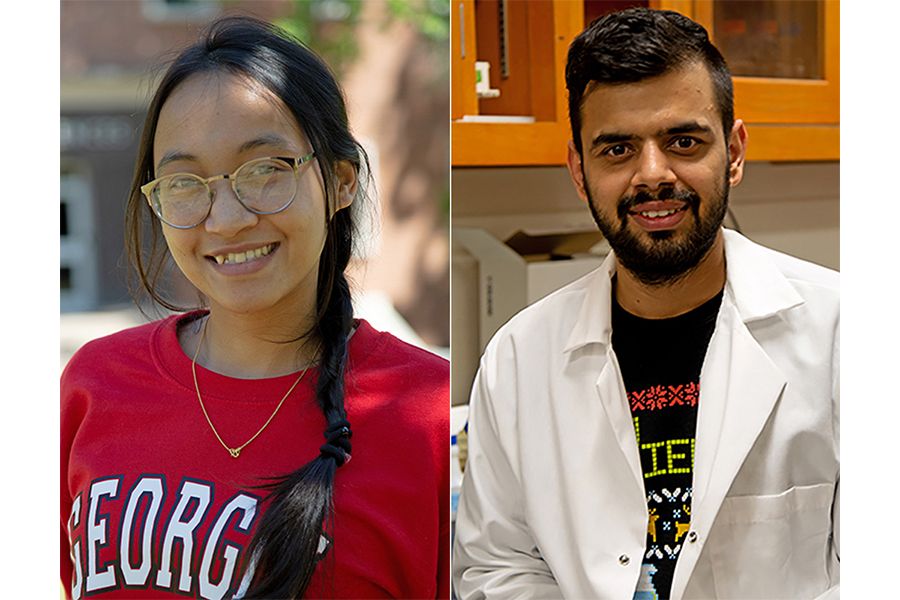
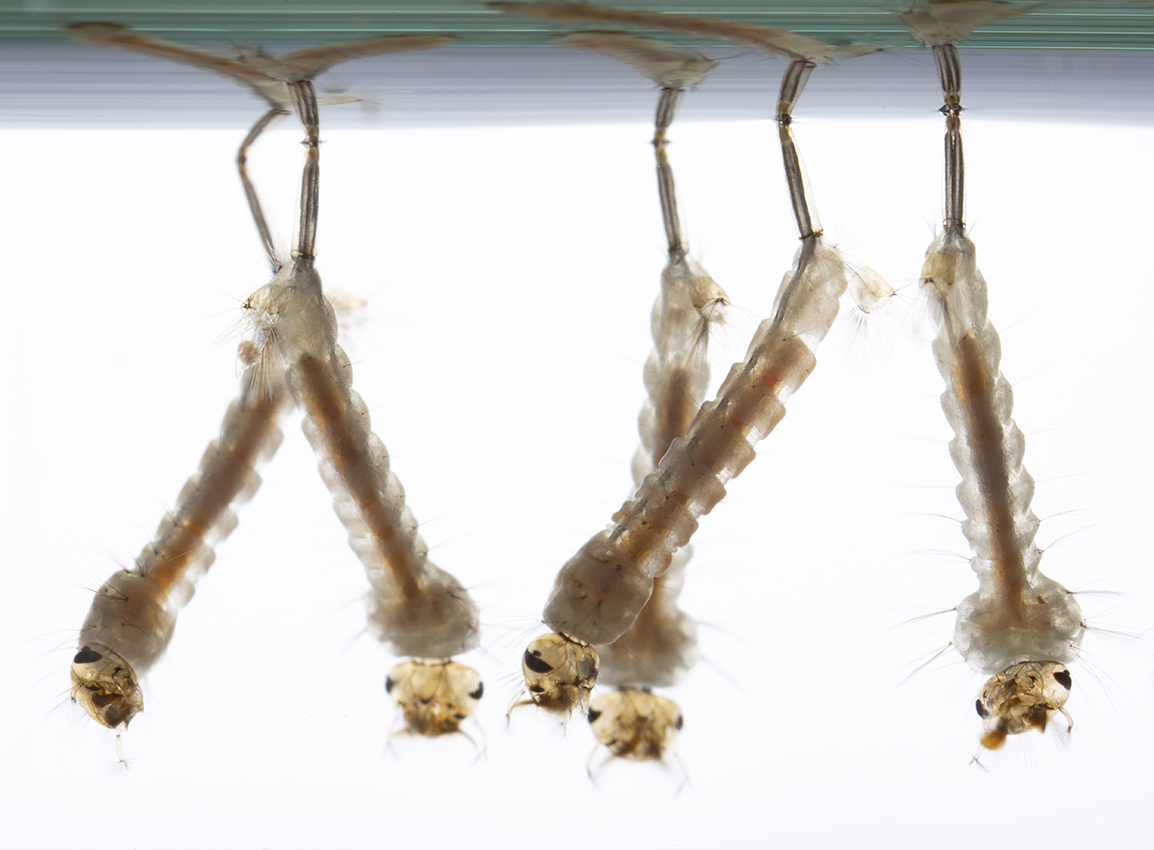
.png)